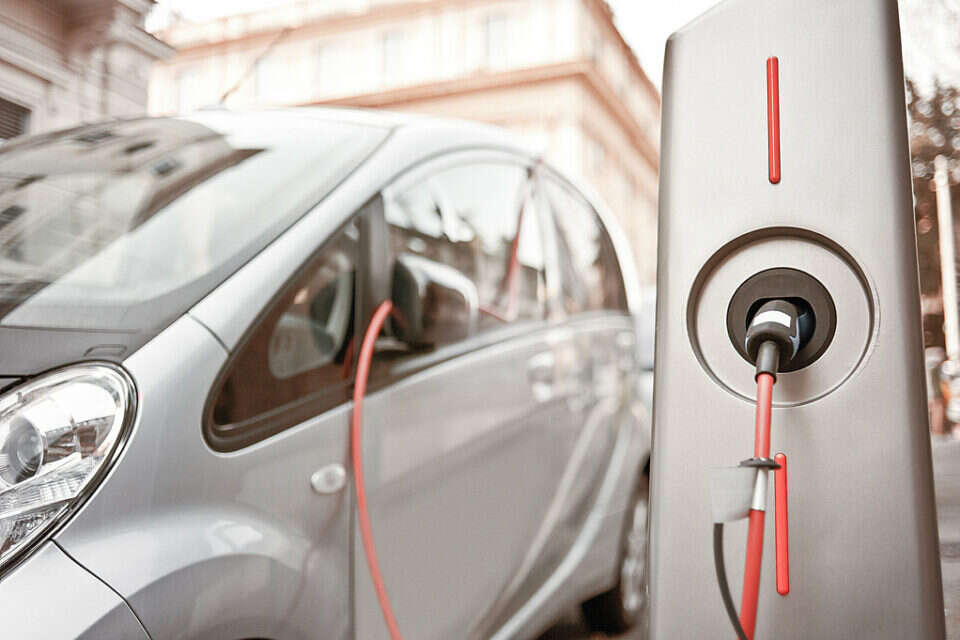The Ministry of Finance is promoting the imposition of a travel tax on electric vehicles of 15 agos for every 1 km traveled, with the distance traveled to be checked at the licensing institutes once a year. This is within the framework of the Arrangements Law, which the Ministry of Finance intends to approve together with the revised budget for 2024, which will be submitted to the government for approval this coming Thursday.
confrontation in the debate on the budget law; Lazimi: The government continues its irresponsible waste campaign
However, the Ministry of Finance intends to impose this tax only starting in 2026. It should be noted that this is a significant sum, which can amount to thousands of shekels for a household with an electric vehicle. For example, if an electric vehicle travels 10,000 km per year, the tax will be NIS 1,500.
Currently, electric vehicles are not taxed, unlike internal combustion engine vehicles, which pay excise tax on the fuel they consume. The bill's explanatory notes state that "this tax was calculated to be equivalent to the excise tax paid by internal combustion engine vehicles, with respect to vehicles characterized by fuel efficiency, while reducing the unique benefits of electric vehicles in terms of reducing greenhouse gas emissions, air pollution and noise reduction."
Currently, electric vehicle travel is not taxed. Electric vehicle charging station, photo: Yossi Zeliger
It added: "For comparison, the excise tax on gasoline is about NIS 3.3 per liter. The excise tax imposed on a new vehicle with a fuel consumption of 17 kilometers per liter is about 19.4 agos per kilometer, and for vehicles in the 20th percentile in terms of fuel consumption (19 kilometers per liter), the excise tax is about 17.4 agos per kilometer. The relative benefits of an electric vehicle (about 3 agos per kilometer compared to a new vehicle, and slightly less than that relative to the most efficient vehicles) can be reflected by reducing the tax to this extent, Thus, to receive a tax of about 15 agos per kilometer, based on the values of emission costs that appear in the Ministry of Environmental Protection's Green Book and on international studies."
The Ministry of Finance explains that in order to minimize the negative impact on the entry of electric vehicles in the coming years, and in order to allow sufficient time to formulate the operational mechanism of the tax, the section states that the tax will be applied only starting in 2026.
This is a significant sum, which can amount to thousands of shekels for a household with an electric vehicle. Ministry of Finance, Photo: Oren Ben Hakon
This is also based on an assumption consistent with the assumption of leading research and policy bodies around the world, that the price of electric vehicles is expected to decline in the coming years until within a few years it becomes competitive with the prices of internal combustion engine vehicles, even with and even without limited tax and regulatory benefits.
Wrong? We'll fix it! If you find a mistake in the article, please share with us

